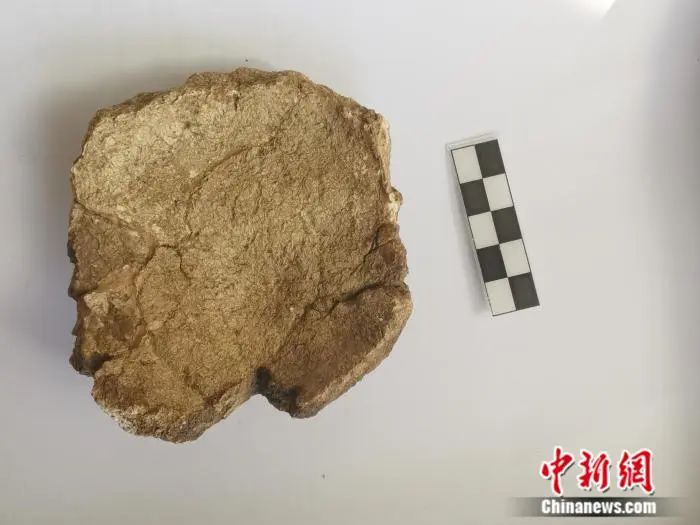First discovery in Zhoukoudian in 50 years!
China successfully identified a fragment of a skull that belongs to an ancient human being who lived about 200,000 years ago, scientists from the Chinese Academy of Sciences said, adding that the discovery will significantly contribute to human evolution studies at the renowned Zhoukoudian site.

Using new technology, including CT scans and 3D reconstructions, researchers at the institute recently identified the fragment among mammal fossils unearthed at the location more than 80 years ago. It has become the first hominin fossil found at Zhoukoudian over the past 50 years that belonged to the Pleistocene Epoch, which lasted from about 2.6 million to 12,000 years ago.
At various parts of the site over the past century, scientists unearthed the remains of early human lineage member Homo erectus "Peking Man" that date back more than 500,000 years, as well as of Homo sapiens "Shandingdong Man", identified as a primitive modern human, who lived just 30,000 years ago.
Unfortunately, important fossils, including the invaluable Peking Man skulls, were lost during World War II when the Japanese Army invaded China and scientists tried to send the fossils to the United States. The skulls remain unaccounted for to this day.
All that remain are four fossilized teeth that were found during trial excavations in 1921 and 1923 and are being preserved in Uppsala, Sweden, as well as eight other teeth and a few fragmented limbs, frontal and occipital bones found after the war, the institute said. Scientists can only study those materials that were missing through plaster casts.
For a long time, there was a lack of hominin fossils at Zhoukoudian that belonged to a period between Peking Man and Shandingdong Man. Before the recent discovery, a mere fossilized tooth found at Location 4 was the only fossil that had been dated to this period of time.
Reporter: Liang Shuang
